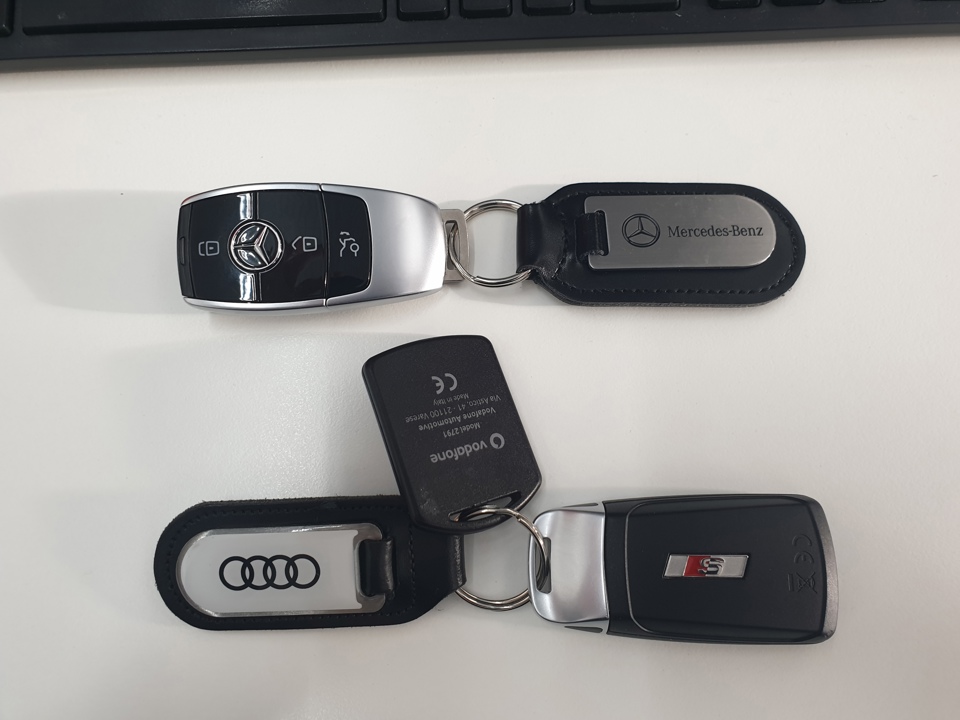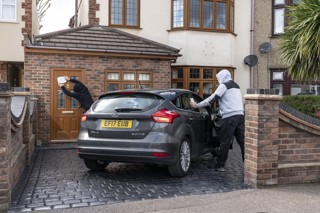Cars with keyless entry systems are at a higher risk of theft as half of drivers take no action to protect their keys.
The new findings come from AA Insurance, which is warning drivers of cars and vans with keyless entry systems to be more aware of relay thefts.
Thieves can steal cars in seconds using wireless transmitters that pick up the signal emitted by keyfobs, allowing them to take the car without causing any damage.
The level of vehicle theft carried out through this method has significantly increased over the past few years. Figures from the ONS show theft of a vehicle rose by 22% in financial year 2021/22 compared to 2020/21. Keyless car theft accounted for 94% of all vehicles recovered by Tracker last year, reaching an all-time high.
Of those who do protect their keys, most (22%) use a faraday pouch – a small leather pocket with a wire mesh lining which blocks the signal being transmitted. At home some drivers use metal boxes (9%) and safe boxes (7%) to protect their cars, while some wrap their car key in foil (1%) or store them in the microwave (1%).
Gus Park, managing director of AA Insurance Services, said: “The key has always been the most vulnerable part of the car when it comes to security, but many are unaware how important it is to protect it.
“Car thieves have gone high-tech and relay theft has been on the rise for some time, yet drivers are still unaware of the risks surrounding keyless entry cars. Keyless entry is becoming more common too with more manufacturers offering the tech on lower specification cars.
“Drivers should do all they can to protect their keys. While a minority store their keys in the microwave it is not recommended and there are simpler ways of safeguarding your vehicle.
“For as little as a tenner, people can reduce the risk of theft by keeping their keys in a faraday pouch. Depending on the spare key, drivers may need two as this may also be a keyless entry key. They should also be stored well away from the front door and kept out of sight.”























The Engineer - 09/08/2022 22:09
There is no excuse for any vehicle now or even in the last couple of years to be supplied without an anti-relay attack key, Its technically simple, the addition of a movement sensor costing little and a modest software rewrite in the key. If the key is not moved for a short while it goes to sleep and ignores any radio queries until picked up again.